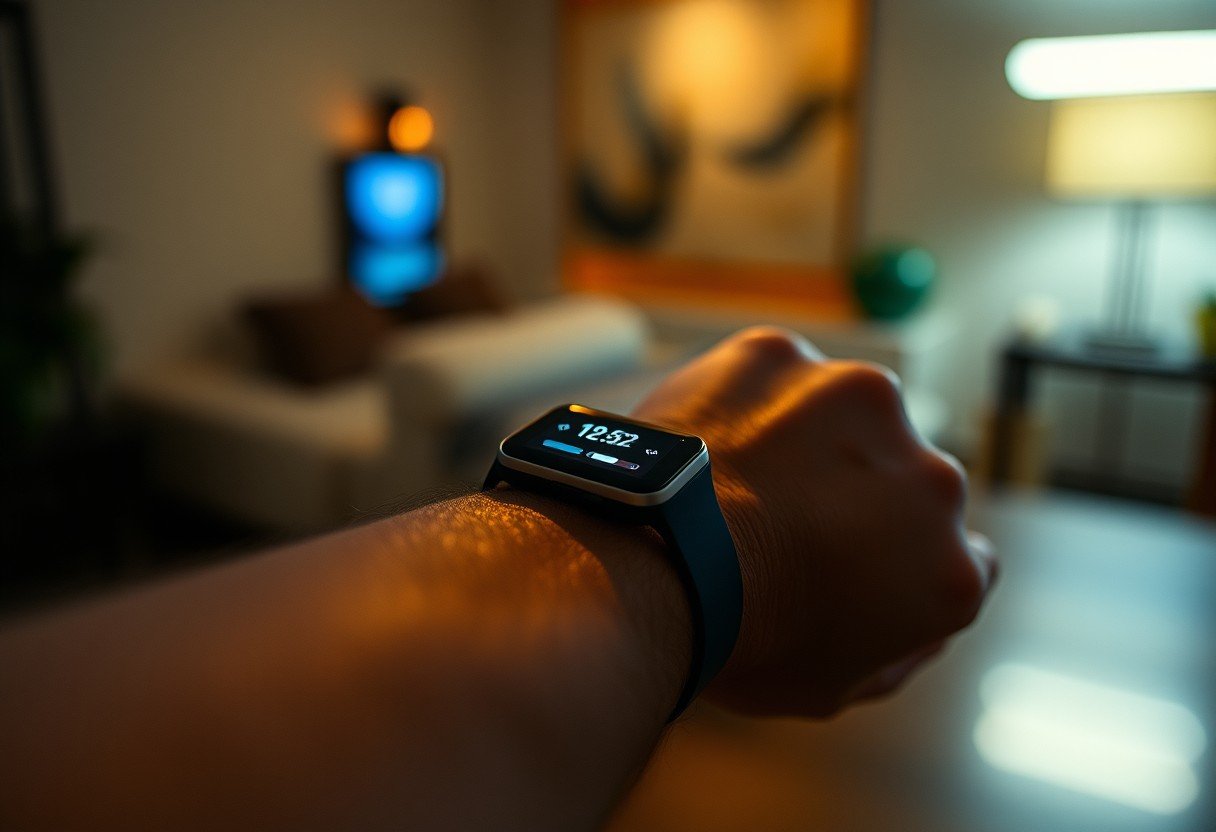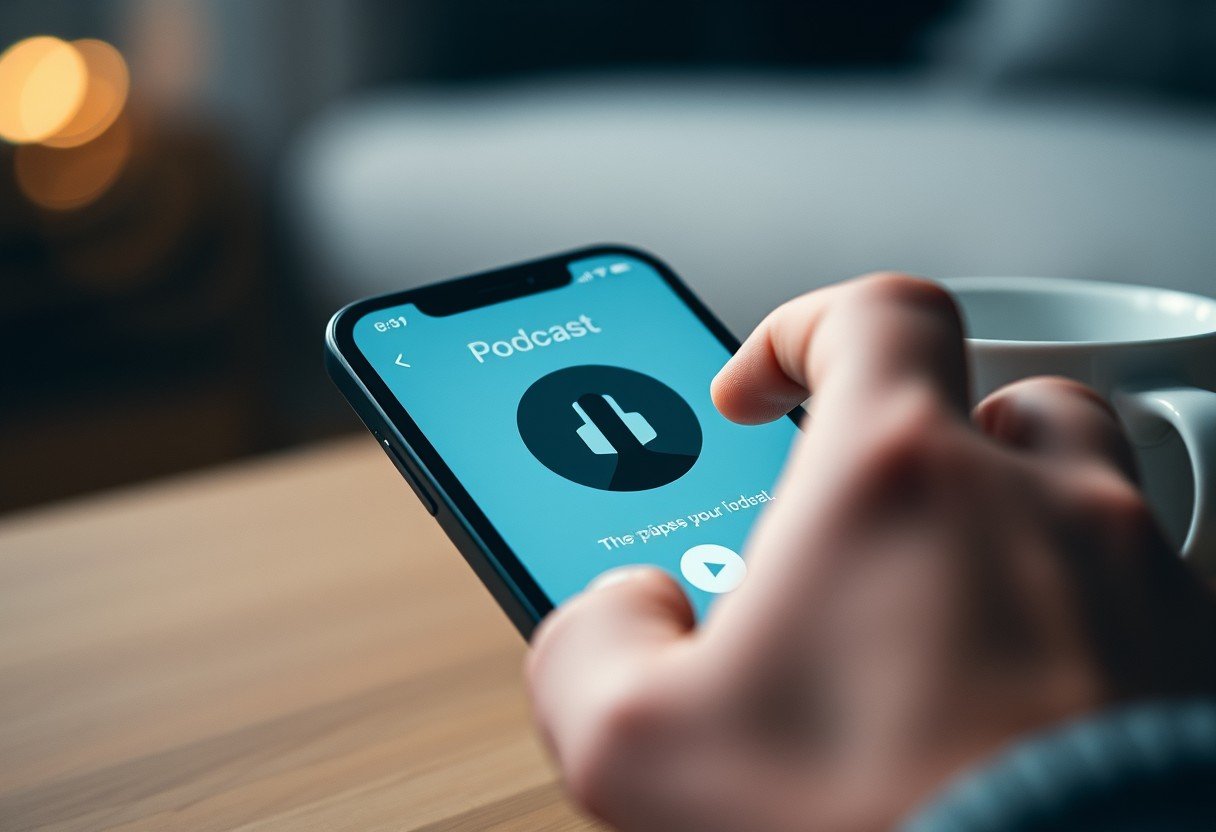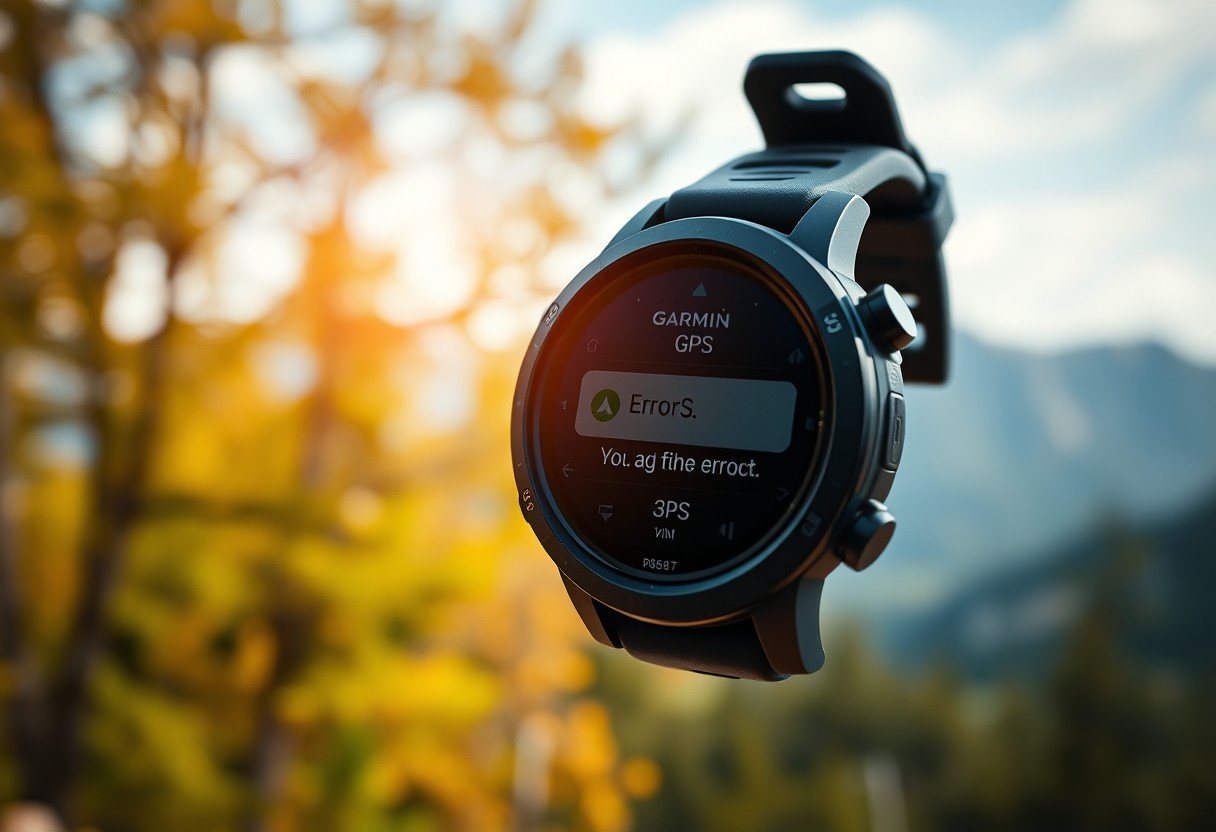Curious if your Fitbit is listening to you? With millions of people wearing Fitbits daily to track fitness and health, questions about privacy and data collection are more important than ever. This detailed guide breaks down what your Fitbit actually records, how it handles your information, and what you can do to protect your privacy.
What Data Does Fitbit Really Collect?
Fitbit devices are designed to monitor your steps, heart rate, sleep patterns, and activity levels. They use sensors and smart algorithms to gather and process this information in real time. Most Fitbits do not have microphones, but some newer models include this feature for voice commands. However, there is no evidence that Fitbits are always listening to your conversations.
Fitbit’s main focus is on health and fitness data. Your daily steps, calories burned, and exercise routines get logged and synced with the Fitbit app. The app can also track your water intake, weight, and even menstrual health for a more complete picture of your wellbeing.
Some Fitbit models, like the Versa and Sense, include microphones to make using voice assistants easier. These microphones are only activated during voice commands and are not set to record audio all the time. Fitbit states that audio for voice commands is processed briefly and not stored long-term.
Here are some main types of data Fitbit collects:
- Steps, distance, and active minutes
- Heart rate and sleep patterns
- Exercise routines and calories burned
This information is used to give you feedback, show progress, and suggest ways to improve your health.
Fitbit Microphone Features and Privacy
The addition of microphones in some Fitbit models has led to concerns about privacy. Unlike smart speakers that are always listening for a wake word, Fitbits only activate their microphones when you choose to use voice commands. This means they are not recording or eavesdropping in the background.
When you use a voice command, the audio is processed quickly, and then the microphone turns off. Fitbit says it does not store your voice recordings or use them for advertising. You have control over whether to enable or disable the microphone feature in your device’s settings.
If you are worried about privacy, you can:
- Turn off voice command features
- Adjust microphone permissions in the app
- Review your device’s privacy settings regularly
Knowing how these features work helps you make informed decisions about your privacy.
Understanding Fitbit’s Privacy Policy
Fitbit’s privacy policy explains what information is collected, how it is used, and how you can control your data. Fitbit says it does not sell your personal health data or use it for targeted ads. Instead, your data is used to improve your fitness experience and provide helpful insights.
The company may share anonymized and aggregated data for research and to improve its services. For example, Fitbit might use sleep data from thousands of users to help scientists study sleep patterns. Your individual data stays private unless you choose to share it with a third-party app or service.
It’s important to read and understand the privacy policy to know your rights. The policy explains how you can access, update, or delete your information if needed. Fitbit also provides tools to download your data or remove your account completely.
Comparing Fitbit Privacy to Other Fitness Trackers
With several brands offering wearable fitness trackers, privacy practices can vary. Fitbit is popular for its transparency, but it’s worth comparing with other brands like Apple Watch, Garmin, and Samsung.
Below is a table highlighting key privacy features across different brands:
| Brand | Microphone | Always Listening? | Data Sharing |
|---|---|---|---|
| Fitbit | Some models | No | With user consent |
| Apple Watch | Yes | No | With user consent |
| Garmin | Few models | No | With user consent |
| Samsung | Yes | No | With user consent |
Most leading brands do not record conversations or listen to you all the time. They all offer privacy settings to control what data is shared or stored.
How to Manage Your Fitbit Privacy Settings
One of the best ways to protect your privacy is to regularly check and update your Fitbit privacy settings. The Fitbit app allows you to choose what information to share, control third-party access, and manage device permissions.
Start by opening the Fitbit app and navigating to the privacy section. Here, you can:
- Decide which data is visible to friends or other users
- Review permissions for connected apps
You can also turn off data syncing with third-party services if you want more control.
Backing up your preferences with a strong password and two-step verification can further secure your account. Regularly updating your device and app ensures the latest security features are in place.
Expert Opinions and User Concerns
Experts say wearable devices like Fitbit can be safe if you use the right privacy settings. Most privacy risks come from not knowing how your data is used or shared. Security researchers recommend reading the privacy policy, keeping your software updated, and choosing a strong password for your account.
Some users have reported concerns, especially after seeing ads related to topics they recently discussed. However, there is no proof that Fitbit or similar devices are secretly recording conversations. Most targeted ads are linked to web browsing or location data, not microphone use.
If you have privacy worries, take the time to understand your device and make use of all the privacy tools available. Being proactive is the best way to keep your health data safe.
Tips to Keep Your Fitbit Data Private
Protecting your information is easier than you might think. By following a few simple steps, you can enjoy all the benefits of your Fitbit without worrying about your privacy.
- Review and update your privacy settings regularly
- Turn off voice command features if you don’t use them
- Limit sharing data with third-party apps
It’s a good idea to read about any changes to Fitbit’s privacy policy, especially after software updates. Staying informed will help you make the best choices for your personal information.
Frequently Asked Questions
Is my Fitbit always listening to me?
No, Fitbit devices do not record audio or listen to conversations all the time. The microphone, if available, is only active when you use voice commands.
What kind of data does Fitbit collect?
Fitbit collects health and fitness data like steps, heart rate, sleep patterns, and exercise details. Some models use microphones for voice commands, but these recordings are not stored or shared.
Can Fitbit sell my personal data?
Fitbit states that it does not sell your personal health data. The company may use aggregated, anonymous data for research and to improve its services.
How can I protect my privacy on Fitbit?
Check your privacy settings in the Fitbit app. You can turn off voice features, limit data sharing, and review which apps have access to your information.
Are Fitbit devices safe to use?
Yes, Fitbits can be safe if you use strong passwords, enable two-step verification, and keep your device and app up to date. Always stay aware of privacy policy updates.
Can I delete my Fitbit data?
You can delete your Fitbit account through the app or website. This removes all your data from Fitbit’s servers, giving you full control over your information.
With the right settings and a few smart habits, you can enjoy the benefits of Fitbit tracking while keeping your personal data private and secure.








Leave a Comment